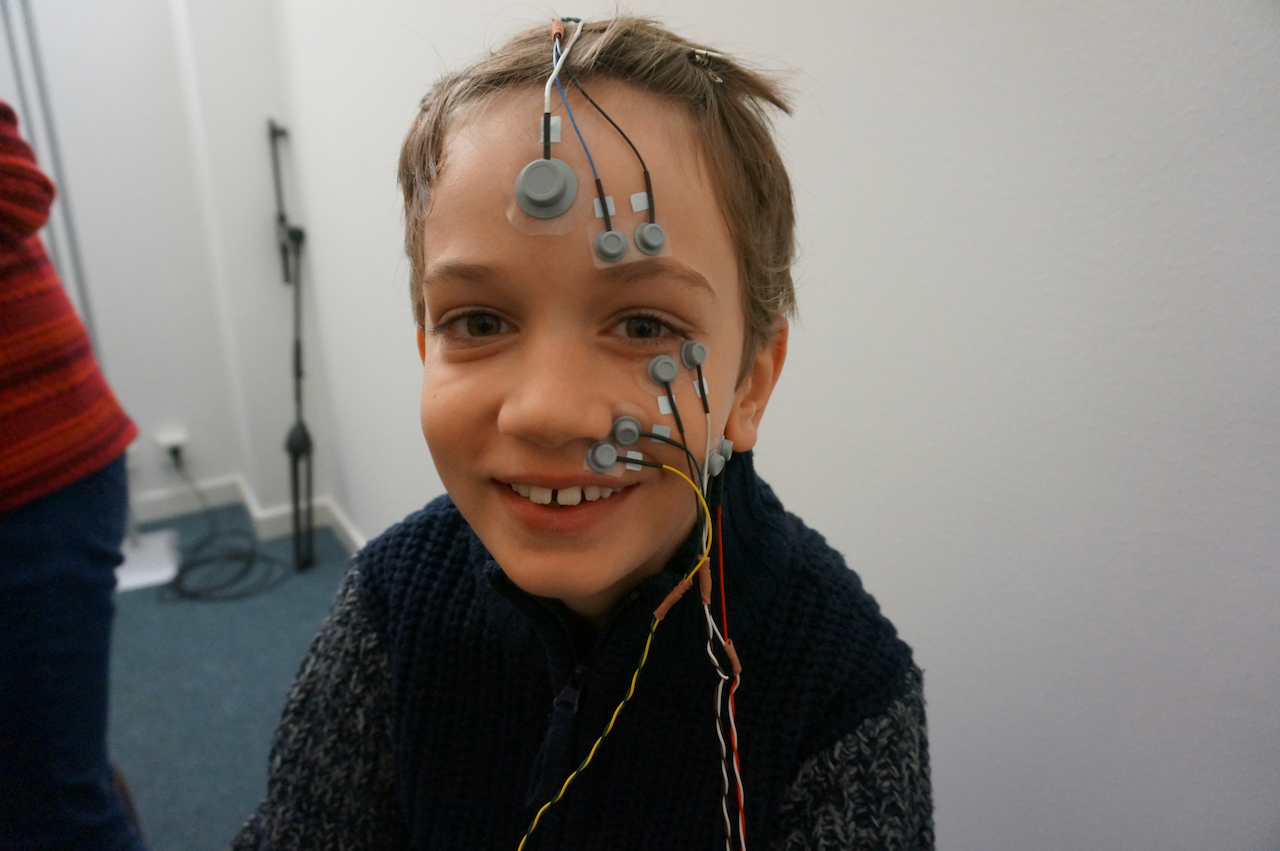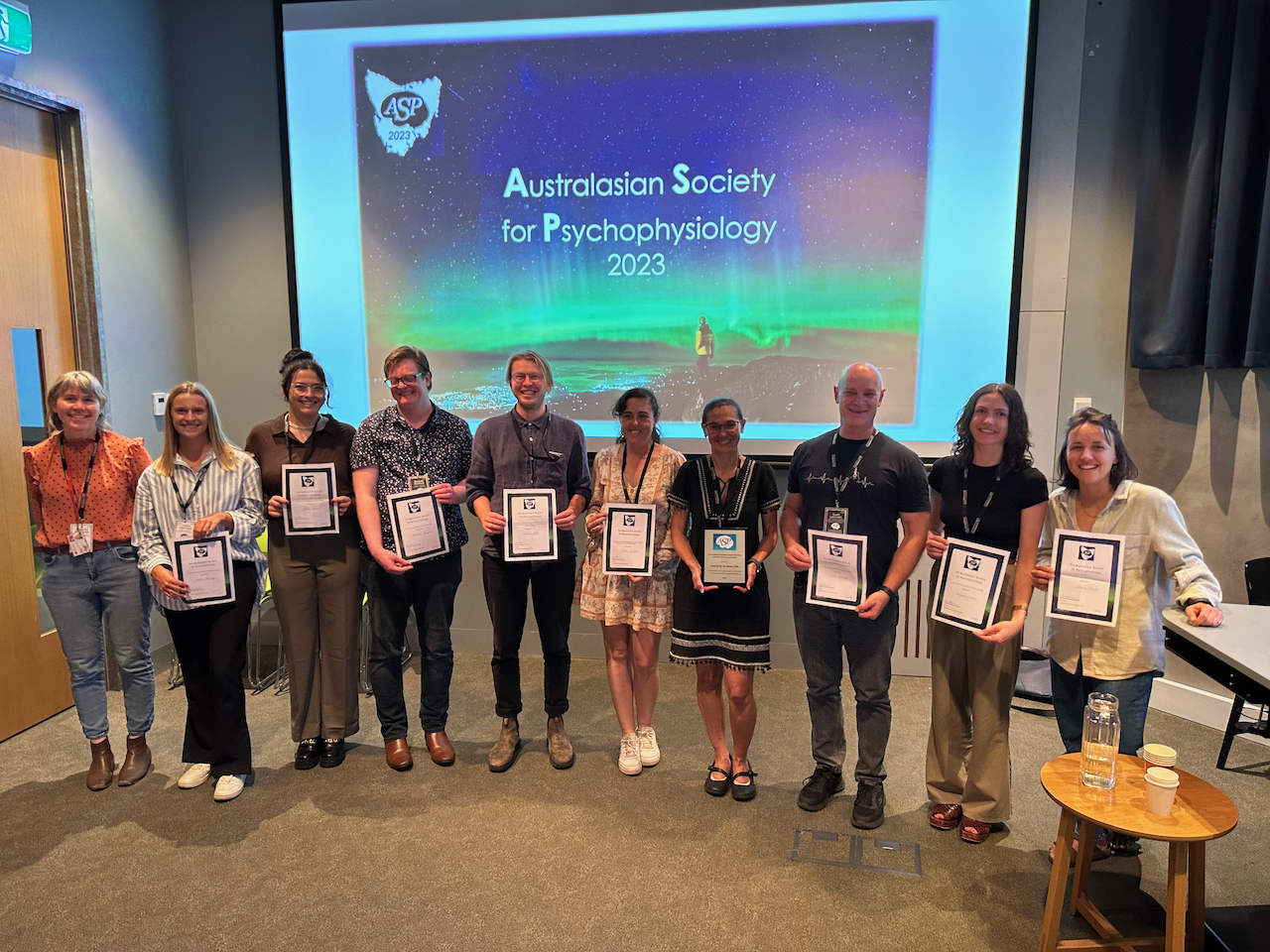Who we are
The Australasian Society for Psychophysiology is an academic society focused on the examination of psychological processes in terms of their physiological effects. The original motivation to form the Society was born from a wish to promote the conduct and dissemination of research and scholarship opportunities in psychophysiology in the Australasian region and to improve networking among psychophysiologists in this region.
Psychophysiology researchers and students in the Australasian region are urged to become members. Members from the geographically wider psychophysiological community are also very welcome.
As an outcome of the inaugural Australasian Psychophysiology Conference, which was held in Sydney in 1991, the Australasian Society for Psychophysiology (ASP) became incorporated in New South Wales under the Associations Incorporation Act (1984) on 23 June, 1992. An updated and revised constitution was recently approved, effective from 9 January 2019, under the Associations Incorporation Act (2009). The Honour Role of past Executive can be accessed here.
Part of the strategic plan for the Society is to establish links with international bodies relevant to psychophysiology, and in this regard the Society is one of a growing number of international professional societies in psychophysiology.
MISSION STATEMENT
To promote the conduct and dissemination of research and scholarship in psychophysiology in the Australasian region.
STRATEGIC INITIATIVES
To increase the number of Society members in an attempt to engage all major research teams in Australasia in the activities of the Society
Establish links with international bodies relevant to research in psychophysiology
Establish and maintain a web page for the Society which can publicise its activities and membership
Establish research scholarships for student and/or ECR members engaged in research in psychophysiology






What is PSychophysiology?
Broadly speaking, psychophysiology is the study of the relationship between psychological processes and physiological responses. This relationship is typically examined in human participants, in healthy controls as well as groups with physical or psychological illnesses.
There are many types of psychological processes that are examined, including orienting, arousal, sensation, perception, and higher order “executive” processes such as attention, learning, memory, emotion processing, and cognitive control. Physiological responses that may be examined span both the central and peripheral nervous systems, including the activity of the brain (EEG, ERPs, fMRI, etc.), heart, lungs, muscles, and electrodermal system.
PROFESSIONAL SOCIETIES:
Association for Applied Psychophysiology and Biofeedback
Australasian Society for Psychophysiology
British Association for Cognitive Neuroscience
International Organisation for Psychophysiology (ASP is affiliated)
Society for Psychophysiological Research
Contact us
Interested in working together? Fill out some info and we will be in touch shortly. We can’t wait to hear from you!
